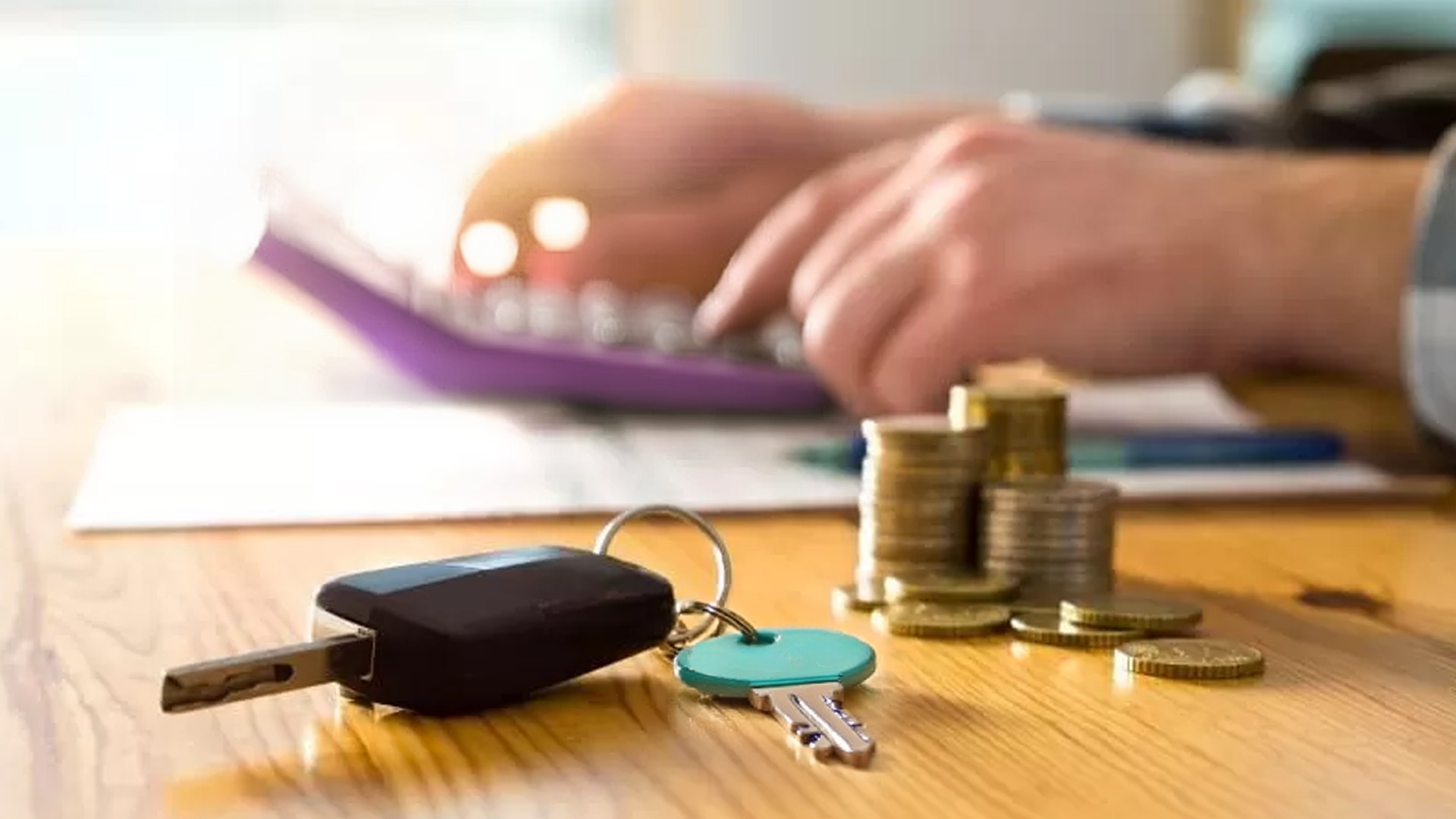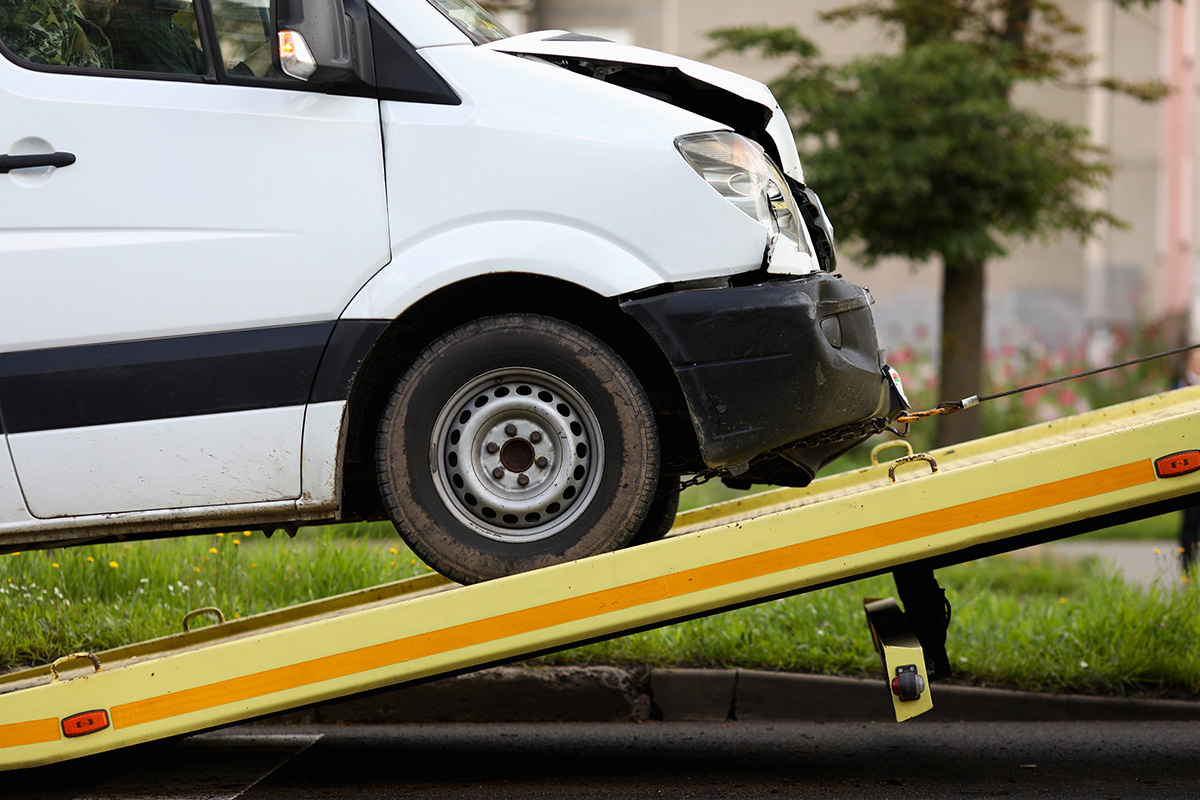History of Driving in the UK
Cars were invented in the mid to late 18th century - and they were originally steam-powered!
Moving to the late 1880s, Germany’s Karl Benz is often cited as the inventor of the first petrol engine vehicle operated by a single person on public highways.
And a little more than a decade later, actress Minnie Palmer became the first woman in England to own and drive her own car, a French-made Rougemont.
So when we look back through the archives, it didn’t take long for women in the UK to get behind the wheel!
However, it wasn’t until the 1930s that motor vehicles became popular across the UK and pretty much replaced horse-drawn carts.
Fast forward to the 21st century, and over 80% of UK households now own a car.
As of December 2019, only 35% of licensed cars were registered to females, but this doesn’t reflect how many women drive in the UK.
According to Statista research in 2019, there’s a 9% gap, with 80% of men and 71% of women holding a driving licence.

Who’s the better driver?
Well, that depends on what we mean by “better.”
Data from the DVSA revealed that in 2020/2021, around 53% of men and 48% of women passed their driving test on the first attempt. So it could be said that men are naturally more skilled at driving or find it easier to pick up.
If we’re just relying on this to determine who is the better driver, men take the gold. But passing your driving test isn’t the only indicator of being a good driver.
We also need to consider safety, accident rates, and driving offences like speeding, driving without insurance, driving without tax, drink driving, and careless driving.
According to Ministry of Justice figures, 658,711 people were convicted of motoring offences in 2022 - and 80% of those people were men.
When it comes to drink driving, road collision data highlight that 70% of collisions involved male drivers, whereas just 30% involved women.
And according to the RAC, men are six times more likely to receive a total driving ban than women.
With this in mind, women are probably more likely to stick to the rules when it comes to driving.

How does that affect insurance?
Men make around twice as many claims on their car insurance as women. And that means they’re more likely to pay higher insurance premiums - typically, men pay around £160 more than women for car insurance.
According to Confused.com, over 1.4 million car insurance claims were made in 2018. Of those claims, 33% were made by women, and 67% by men. Put simply, men are twice as likely to make a claim on their car insurance than women. And they’re also more likely to be at fault.
So while driving skill varies between drivers, statistical data suggests women are safer and more rule-compliant drivers.
Driving skill varies individually, but statistical data suggests women are marginally safer and more rule-compliant drivers.

Does vehicle type play a role?
A British study conducted between 2005 and 2015 looked at fatalities on British roads involving more than one vehicle. It found that trucks and buses were linked to the highest number of fatalities per mile travelled. It also found that male drivers were much more likely to be involved in fatal accidents than female drivers, especially when driving trucks.
'The way you drive can give a lot away'
Researchers were able to determine whether the driver was male or female using variables related to speed, acceleration, lane departure, braking force and the steering angle. The study revealed that speed was the greatest predictor of whether the driver was male or female, followed by acceleration and steering angle.
Aggressive driving patterns such as speed and sharp acceleration were found to be more prevalent among male drivers, which could contribute to the higher fatality rate.
While the study was able to identify the sex of drivers through their driving behaviours, the reason for why there is such a contrast between driving styles was not clearly defined and needs further investigation.

Does that mean women are better drivers than men?
It’s a tricky one. Evidence suggests that insurance suppliers and governing authorities view women as safer drivers overall, and this plays out in fatality statistics and car insurance pricing.
Men might be more likely to pass their driving test faster, but once they’re on the roads, they’re less likely to drive safely than women.
Whether you’re male or female, if you’re thinking about leasing a car, it’s important that you maintain a clean driving record, choose a vehicle that suits your driving style, and take time to compare car insurance quotes to secure the best possible price.

